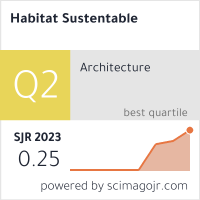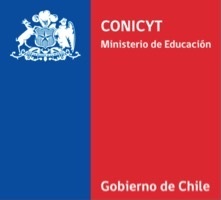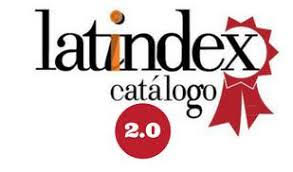Methodology for estimating implied energy consumption in the urban growth of diffuse cities
Keywords:
Urban growth, simulation tools, impact, energy consumptionAbstract
The urbanization trend in Latin American cities is currently one of the highest in the world. It determines that the increase in urban area is greater than the rate of population growth. In turn, cities use 75% of the energy consumed on the planet. For this reason, they are responsible in equal proportion for the production of greenhouse gases. In response, urban planning should incorporate design strategies to reduce said consumption. As an alternative to this trend, the objective of this investigation is to assess the impact of the different models of urban growth for the same city. To this end, variables related to land use and energy consumption associated with the building and infrastructure requirements necessary to accommodate the growth of the city per year were quantified. The results obtained were compared with the reference values of sustainability indicators developed in Europe to verify their potential implementation in Latin American cities. As a validation exercise, different urban growth models were evaluated in the Mendoza Metropolitan Area, Argentina.
Downloads
Downloads
Published
How to Cite
Issue
Section
License
The content of articles which are published in each edition of Habitat Sustentable, is the exclusive responsibility of the author(s) and does not necessarily represent the thinking or compromise the opinion of University of the Bio-Bio.
The author(s) conserve their copyright and guarantee to the journal, the right of first publication of their work. This will simultaneously be subject to the Creative Commons Recognition License CC BY-SA, which allows others to share-copy, transform or create new materials from this work for non-commercial purposes, as long as they recognize authorship and the first publication in this journal, and its new creations are under a license with the same terms.











 Scientific Information Program/Concurso Fondos de Publicación de Revistas Científicas 2018/ Proyecto Mejoramiento de Visibilidad de Revistas UBB (Código:FP180007).
Scientific Information Program/Concurso Fondos de Publicación de Revistas Científicas 2018/ Proyecto Mejoramiento de Visibilidad de Revistas UBB (Código:FP180007).





